Table of Contents
Hay fever or pollen allergy symptoms would typically include red, itchy and watery eyes, blocked or runny nose, and also frequent sneezing. The main trigger of the hay fever is the grass seasons, mainly because this season many people are exposed to pollen grain. These grains could then set off an allergic reaction such as the conjunctiva. This conjunctiva is a transparent membrane that covers the whites of the eye. When you have this, your eyes would become inflamed which will cause to have itchy, red, and watery eyes. The white part of your eye would then swell up and that person would also experience a gritty feeling in the eye. Itchy throat and nose, sneezing, wheezing, headaches, and other asthma-like symptoms are the symptoms of the hay fever. This article will guide you in everything that you need to know about the fever, it would include the causes and treatment as well as the tips available.
How to Treat Hay Fever
People suffering from hay fever would complain of symptoms that fully affects their nose, chest, eyes, and throats. But, you should only need to threat the most seen symptom. However, if there is a mixture of these cases, series and a combination of medication should be given. Make sure to ask your pharmacist doctor for the advice.
To keep your hay fever mild, you should treat it very early. The fever itself would make your nose inflamed and very sensitive. Hay fever and grass season do not really mix well. The exposure to these things would have worse symptoms! To treat the hay fever, you could do convenient treatment such as nose sprays which contains steroid in them. Before the hay fever season starts, you should treat it, this means you will have less treatment and you can manage these things well.
Treatment Options for Hay Fever
For your hay fever, there are many treatments you may need to do. The following are the options that you can do. But, you still need to consult your physician on the best thing that you need to do before taking in any action.
Limit your pollen exposure!
We know that you can’t really avoid pollen, however, you can limit it through the closing of the windows up to dusting and cleaning them. Some might even wear nigh sunglasses.
Antihistamine Treatments
For many hay fever symptoms, you can also use antihistamine treatments. This works by limiting the histamine in one’s eyes and by lining of the throat and nose through suppressing of any inflammation or swelling.
Anti – Allergenic
Eye drops, as well as anti-allergenic nose, pray easily block the breakdown of mast cells. These can also help in the reduction of the release of histamine. The latter helps like a protective defense. If you take a break from any of these things, your hay fever symptoms might return.
Steroids
You need to be very careful in using steroid eye drops, no matter how it is effective. These steroids have serious side-effects. It includes cataracts, damage to the cornea, as well as glaucoma. Make sure to consult your physician if you want to take in steroid drops or sprays.
Steroid eye drops are very effective but are careful whenever you are using it as it can lead to serious side – effects such as glaucoma, cataracts, and damage to the cornea. If you want to take steroid sprays or drops, make sure to consult your physician first.
Decongestants
To relieve your blocked nose, you can also use decongestant treatments. You need to use this medication when you are only directed by your doctor. Aside from that, read the instructions well.
Tips for Managing Hay Fever
- Wear sunglasses which has close-fitting shields at sides, bottoms, and top. Avoid going out in the early evening as well as mid-morning, in these hours, the pollen count is the highest.
- You are not allowed to drive with your windows open
- Do not also sleep with your bedroom window wide open
- To avoid irritation while you are sleeping, make sure to wash your hair
- Do not weed nor mow the lawn
- Only take in medicines as advised by your doctors. Some treatments can be bought over-the-counter without any prescription needed, such as Allergy Eye Drops
- Make sure to bathe your eyes in cold water
- Put a dab of Vaseline inside each of your nostril. This would ease you of any soreness as well as catch any pollen before it could enter your nasal passage.
Here are some of the do’s and don’ts for those wearing contact lenses:
Do’s
- Do try to not wear your lenses if you are in a dry, hot or dusty environment. If you have no choice, make sure to protect your eyes using sunglasses, this would surely help both your eyes and lenses from pollen and dust.
- Please do avoid wearing your contact lenses when you are moving the lawn or gardening because grass pollen and dust will get inside your eye.
- Ask your eye practitioner or physician about lubricating drops. This could help ease up your eyes when there is a dusty and warm environment – these could cause dryness in your eyes.
- Do ask your doctor what medications you can use to treat your hay fever. Choose anti-allergy products that would not make you sleepy but could reduce the symptoms of the allergy.
- Do, also, ask your doctors about anti-inflammatory drops. These can also prevent the worst signs and symptoms of an allergy.
- Do wear your needed lenses when the pollen count is very high, especially if you live in an urban area.
- Also, wear your lenses at night. Although the pollen count is lower than it is in the day, it could still irritate your eyes. So do no go out at night.
- 12 hours is enough time to wear your lenses. Do not go for a longer time.
Don’ts
- Do not sunbathe when you are wearing your lenses. Aside from that do not put suntan lotion on them.
- Do not clean your lenses using your mouth when you are trying to remove both dust or pollen.
- If your eyes are starting to become sore and read, discontinue using your contact lenses. If you are unsure, take these out for a while and consult your eye care practitioner immediately.
- Avoid using lubricating drops if you do not have a prescription from your eye doctor.

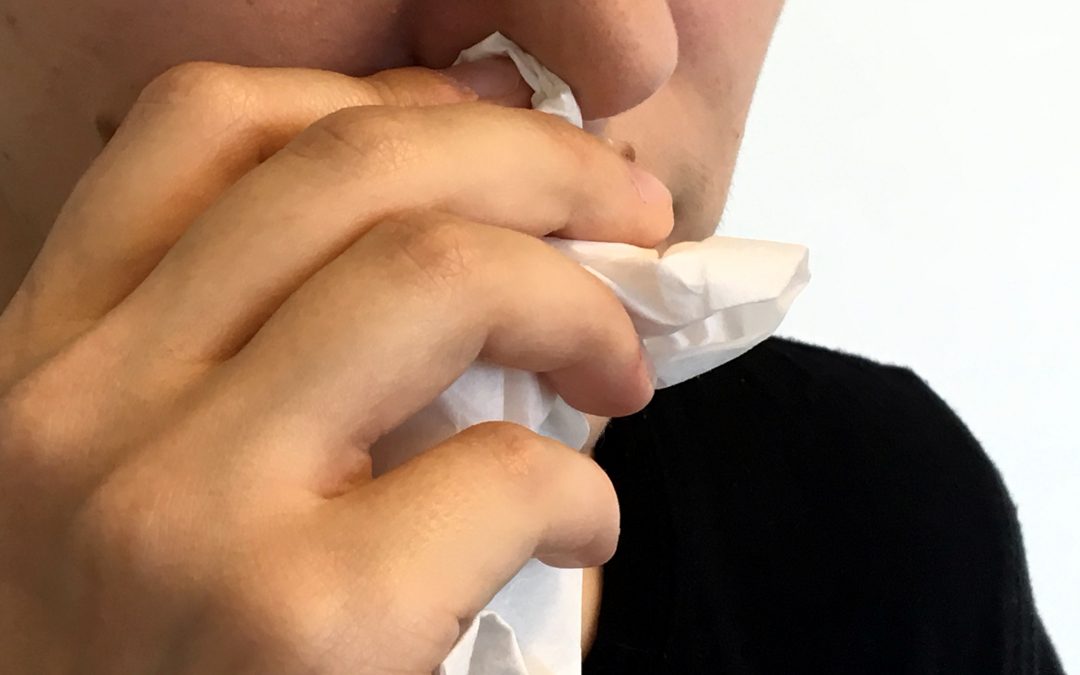
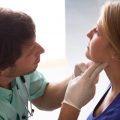
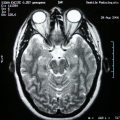
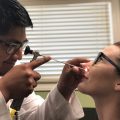
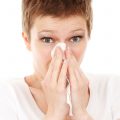
 I love to write medical education books. My books are written for everyone in an easy to read and understandable style.
I love to write medical education books. My books are written for everyone in an easy to read and understandable style.